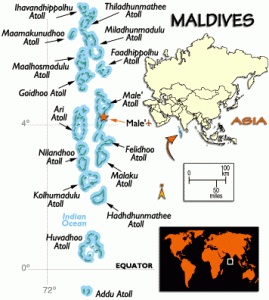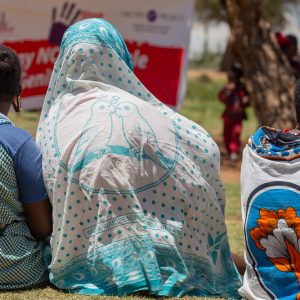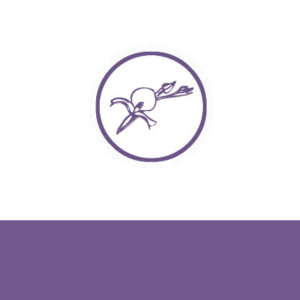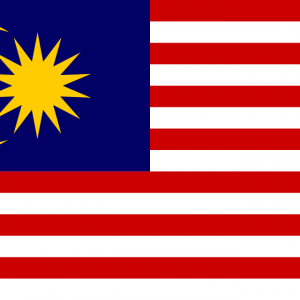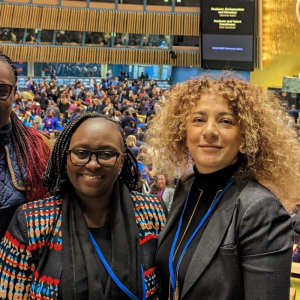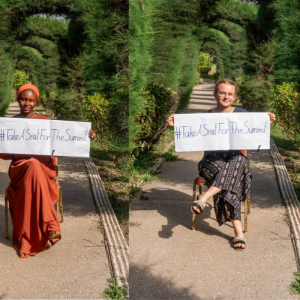A few years ago we came across some worrying articles describing the rise of female genital cutting in the Indian Ocean islands of the Maldives. In this article, dated 2009, the Attorney General of the southernmost Addu atoll in the Maldives told a human rights event of a worrying trend towards female genital cutting being practised, in the name of Islam. Husnu Suood, the Attorney General, described this as something they had come across very recently. He also said that, given that the practise of FGC had been almost totally wiped out in the Maldives, it was imperative to mount a full-scale, government led campaign to ensure that it did not return.
The article claimed that FGC was returning as Muslim clerics decreed it essential for all Muslim women. It seems that this trend has continued to grow, as evidenced by calls from Dr. Mohamed Iyaz Abdul Latheef, Vice President of the Fiqh Academy of the Maldives and candidate for the Muslim Brotherhood-inspired Adhaalath Party, for FGC to be reintroduced on religious grounds.
It is obviously distressing to hear that FGC is returning to the Maldives, and particularly that it is being championed by Muslim scholars who are issuing fatwas saying genital cutting is compulsory for girls. It is especially saddening in light of recent recent fatwas opposing FGC including January 2010 in Mauritania, issued by thirty-four Muslim clerics in the country, and the Cairo fatwa against female genital cutting as a result of a conference of Muslim clerics in 2006. A fatwa is a religious opinion issued by a religious scholar and regarding Islamic law. A fatwa may be either a recommendation or a condemnation, or something in between.
The Cairo fatwa against female genital cutting
On 22-23 November 2006 a conference of Muslim scholars met in Cairo, Egypt, at the world-renowned Al-Azhar mosque, instigated by German organisation TARGET. Over the course of this two-day conference, the group of respected Muslim theologians, clerics and scholars discussed female genital cutting, proscribing it as a ‘criminal offence’ and not in keeping with their religion. This declaration was then set in stone as a fatwa in the Golden Book, a precious Islamic object for distribution to mosques in countries where FGC is practised.
The Golden Book includes speeches and declarations from scholars present at the conference as well as information about why FGC is a harmful practice. The Golden Book has been distributed to many mosques around the world, translated into several languages, but TARGET lacks funding to print enough copies to share it more widely. Al-Azhar is the home of Sunni Islam and the Grand Mufti of Egypt wrote the introduction to the Golden Book.
Given the influence of Al-Azhar mosque and the goals of TARGET to use Islam’s own methods of discussing and outlawing issues, the opposing notions of Muslim clerics in the Maldives are alarming. In the case of Mauritania, a law professor commented that the fatwa would remove the ‘religious mask’ behind which the practice hides in that country, which is precisely what the Golden Book also seeks to do.
FGC pre-dates religion, evidenced by the fact that Ethiopia, a country with a population almost evenly split between Christianity and Islam, remains one of the countries with the highest prevalence of FGC, reportedly up to 85%.

